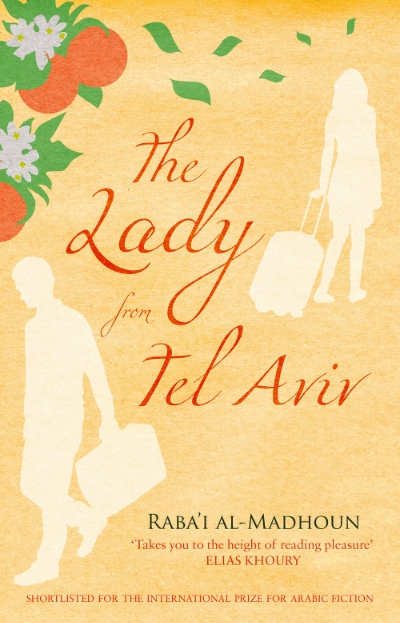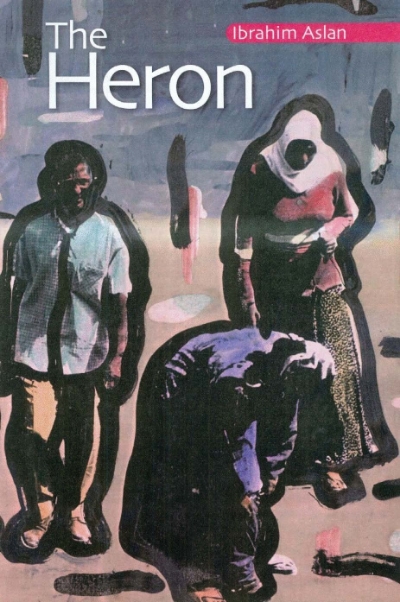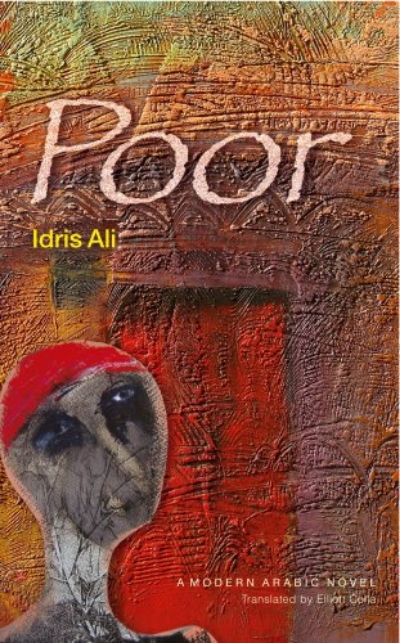Translation
Praise for The Lady from Tel Aviv:
— “Will take you to the height of reading pleasure.” Elias Khoury.
— “The Lady from Tel Aviv is… an elegantly-written, intriguing, moving book. … a virtuoso piece of translation by Elliott Colla.” Sarah Irving, The Electronic Intifada.
— “The Lady from Tel Aviv is primarily the story of a man’s relationship to his mother, childhood and origins; the story of an exile’s relation to his country, and a writer’s relation to his novel-in-progress. It is a very Palestinian story which lays bare the harsh realities of dispossession, exile and occupation, but like other truly Palestinian stories, it has its own special features and interpretations of that experience. While the narrative is starkly realist, major points remain ambiguous. Pat answers to questions of identity and memory are not to be found here. What is on offer is a serious but quirky slice-of-life conveyed by Madhoun’s inventive imagery, wry humour, and prose that lurches from the poetic to parody." Sally Bland, Jordan Times.
— "Home Does not Exist," an interview about translating The Lady from Tel Aviv, with English PEN.
Praise for Gold Dust:
— “Imagine Cormac McCarthy's savage lyricism in a Paul Bowles desert landscape and you begin to enter the bleakly beautiful world of this mesmerising, fable-like novel.” Boyd Tompkin, The Independent.
— “Al-Koni's descriptive powers and the urgency of his narrative make Gold Dust a gripping, moving tale that sweeps the reader on towards its tragic conclusion.” Susannah Tarbush, Banipal.
Praise for The Heron:
— “What makes Aslan the distinguished writer he is, is setting the narrative in a working-class rather than middle-class environment, his extensive use of dialogue rather than long description, his inimitable sense of humour and his highly original plots.” Zuzana Kratka, Banipal.
Praise for Poor:
— “Poor is a bleak, indignant, blisteringly direct account of economic, social and moral deprivation, in which the traditional “coming of age” narrative is constantly undercut by the miserable social realities that oppress its central character. At times, the novel’s uncompromising directness can seem overwhelming and slightly adolescent, but taken as a whole it is a visceral and arresting read." William Armstrong, Hurriyet Daily News.
Selected other translations
(Click on title for link)
— Jabra Ibrahim Jabra, "Ramparts."
— Samih al-Qasim, "The Last Train."
— Samih al-Qasim, "Two Poems."
— Saadi Yousef, "At Kerak Citadel."
— Adonis, “Ambiguity.”
— Yahya al-Tahir ‘Abdallah, "Five Stories."
— Kamal Riahy, “Dog Hunting.”
— Kareem Abdulsalam, “Teargas poems.”
— Muhammad Farhat al-Shaltami, “Indictment.”
— Ibrahim al-Koni, “The Teacher.” (pdf)
— Ibrahim al-Koni, “Tongue.” (pdf)
— Ibrahim al-Koni, “The Cloak.” (pdf)




